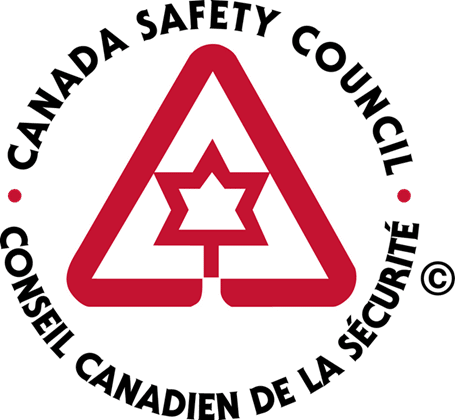Fire safety tips for remaining winter months
Winter is the worst season for residential fires in Canada, according to Fire Prevention Canada. There are many reasons for this – homes must be heated, people are cooking most of their meals indoors, and those who smoke tend to stay indoors rather than going out. Fires claim eight lives each week in Canada, and almost three-quarters of those deaths happen as a result of residential fires.
The Canada Safety Council recommends the following precautions to minimize your risk of a residential fire this winter.
Home heating
Keep clear at least one metre of space around all space heaters. Do not dry clothes or shoes on or near a heater. Turn the heater off when you are not in the room, and do not leave children or pets unsupervised with a heater that is turned on. Periodically inspect the heater’s cord for damage and frayed or exposed wires, and do not use the appliance if any damage is present.
If you use a fireplace or woodstove for heat, build your fire with a small amount of dry, seasoned wood to keep the flames under control. Resist the temptation to overload your fireplace or stove. Burning too much wood at once can cause tar and creosote to build up in your chimney or stove pipes, which creates a fire hazard. Never use highly flammable materials such as wrapping paper or gasoline in a woodstove or fireplace. These substances can create dangerous fireballs in an instant and, just like burning too much wood at once, can cause a buildup of flammable materials in your chimney or stove pipes. Always use a screen in front of the fireplace, and never leave children unattended by a fire. Have a fire escape plan for your house and regularly review it with your family. Keep the damper of your fireplace or woodstove open until the fire is out and the ashes are cool enough to touch.
Regular maintenance of all heating systems, including furnaces, by licensed technicians is important in reducing the risk of a residential fire.
In the kitchen
Stay in the kitchen when cooking, especially when using grease or when cooking food at high temperatures. If a grease fire starts, never try to put it out with water. If possible, cover the pan with a lid to smother the flames; use baking soda on shallow grease fires. If you can’t control the fire immediately, get yourself and your family out fast, and call 9-1-1.
Keep a working fire extinguisher in or within reach of the kitchen, and know how to use it. Read the instruction labels so that you will know, for example, that you should aim the nozzle at the base of the fire and sweep from side to side until the fire is out.
Never use a cooking appliance with a frayed or cracked electrical cord. Do not overload electrical outlets or circuits by plugging in and using multiple appliances at the same time.
If you are impaired – whether by alcohol, medication, a lack of sleep or something else – do not use the stove, oven or other cooking appliances.
Around the house
- If you have a frozen pipe, keep the faucet open and apply heat to the frozen section using an electric hair dryer, or by wrapping pipes with towels soaked in hot water. Do not use any open-flame device, such as a blowtorch, kerosene or propane heater, or charcoal stove, to thaw the pipe. Call a licensed plumber if you are unable to locate the frozen area, if the frozen area is not accessible, or if you cannot thaw the pipe. Do not leave a space heater unattended near the frozen pipe.
- Do not smoke in bed or in your bedroom. Ashtrays in the house should be kept on sturdy surfaces away from all combustible materials.
- When using candles, keep them on or in sturdy holders on a level surface, out of the reach of children and pets. Blow out candles when you leave the room or are going to bed.
- Store flammable liquids such a gasoline and paint safety, away from any heat sources, and ideally in a cool, dry place outside the house.
- Never use a BBQ indoors (this includes the garage). A BBQ uses combustible fuel, which releases carbon monoxide. CO can be deadly if adequate ventilation is not available.
- Flickering lights? Blown fuses or a circuit breaker that keeps tripping? These may be a sign of electrical problems. Contact an electrician.
- Do not run an extension cord under furniture of under a rug. Traffic over the cord or the weight of furniture on it may damage the cord and create a fire hazard.
- Clean the dryer lint filter before and after each use to minimize the risk of a dyer fire.
More fire safety tips are available at www.canadasafetycouncil.org and www.fiprecan.ca.
-30-
For more information, please contact:
Catherine Gaudreau
Communications/Media Program Coordinator, Canada Safety Council
(613) 739-1535 (ext. 228)
